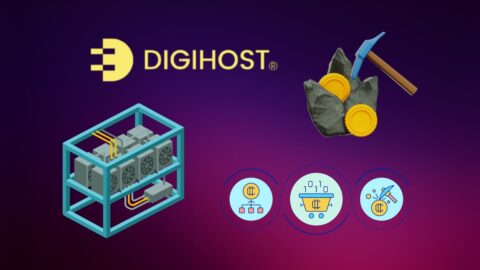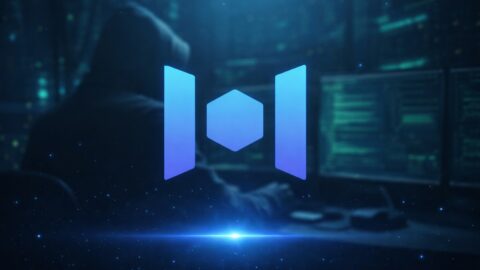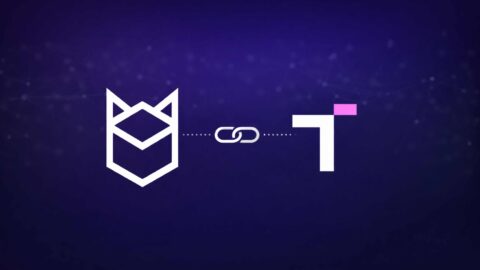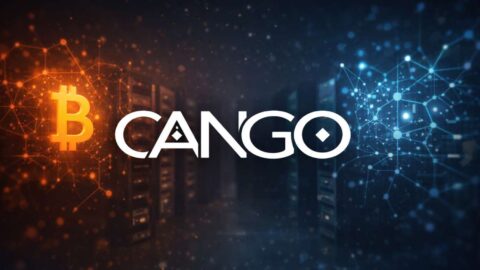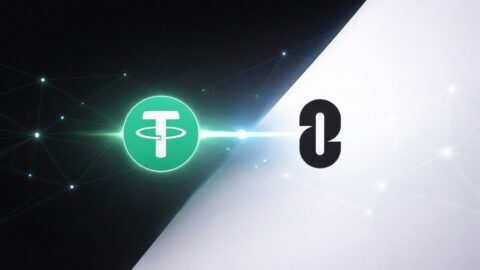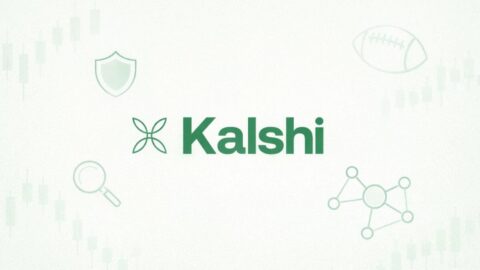Google is investing heavily in artificial intelligence infrastructure by securing a 5.4% stake in Cipher Mining, a former bitcoin miner now pivoting to high-performance computing services.
Key Takeaways
- Google will acquire warrants to buy about 24 million shares of Cipher Mining, equaling a 5.4% ownership stake, tied to a 10-year AI hosting deal.
- The agreement includes $1.4 billion in guaranteed payments by Google to backstop Fluidstack’s lease obligations.
- Cipher will provide 168 megawatts of IT load capacity at its Colorado data center, with the contract valued at $3 billion, possibly rising to $7 billion with extensions.
- Cipher also proposed a $800 million private note offering to fund its aggressive expansion into AI data infrastructure.
What Happened?
Cipher Mining, once known primarily for its bitcoin mining operations, has signed a 10-year colocation agreement with Fluidstack, a rising AI cloud infrastructure company. As part of this deal, Google will guarantee $1.4 billion of Fluidstack’s lease obligations and, in return, gain the right to purchase a substantial stake in Cipher. This bold move not only boosts Cipher’s expansion plans but also signals Google’s growing interest in external partnerships to secure AI computing power.
Cipher Mining Signs 168 MW, 10-Year AI Hosting Agreement with Fluidstack
— Cipher Mining (@CipherInc) September 25, 2025
In this transaction, Cipher will deliver 168 MW of Critical IT Load to Fluidstack at its Barber Lake site, securing ~$3B in contracted revenue over the initial 10-year term. The agreement also includes two…
Google’s Strategic Shift into External AI Hosting
While Google has long invested in its own data center operations, it is now also partnering with infrastructure startups to meet skyrocketing AI demands. In this case, Google chose Fluidstack as the intermediary and Cipher as the hosting provider, a setup designed to rapidly scale computing power.
- Google’s guarantee of $1.4 billion allows Fluidstack to lease capacity from Cipher while also letting Cipher raise project-specific debt.
- The Barber Lake site in Colorado City, Texas, will deliver 168 MW of AI hosting capacity by September 2026.
- The initial agreement is worth $3 billion, but with two optional five-year renewals, it could reach $7 billion.
Cipher will retain full ownership of the project, leveraging capital markets to fund additional infrastructure.
Cipher’s Pivot from Bitcoin to AI
Cipher, currently the fourth-largest public bitcoin miner by market cap, is undergoing a major transformation. Its 244 MW gross capacity and specialized facilities originally designed for crypto mining are now being retooled for high-performance computing, making it a strong player in the AI infrastructure space.
To support this shift, Cipher announced an $800 million private offering of zero-coupon convertible senior notes, due in 2031. These notes are convertible into shares or cash and are intended to fund:
- The Barber Lake project buildout.
- Its broader 2.4 GW high-performance computing pipeline.
- Future site developments and data center expansions.
Cipher’s CEO Tyler Page called the deal “transformative,” stating:
Google’s Growing Playbook: From TeraWulf to Cipher
This is not Google’s first move of this kind. The company recently executed a similar deal with TeraWulf, another crypto mining firm now pivoting to AI data services. In that arrangement, Google secured warrants for up to 14% ownership, again using Fluidstack as the leasing partner.
The strategy is clear:
- Google covers lease guarantees.
- Gets equity in infrastructure companies.
- Secures AI compute power without building new data centers itself.
Market Reaction and Industry Implications
Cipher’s stock initially surged 24% in premarket trading, before closing at $14.14, bringing its year-to-date gains to over 200%. The market cap now stands at $5.6 billion, reflecting strong investor confidence in Cipher’s new direction.
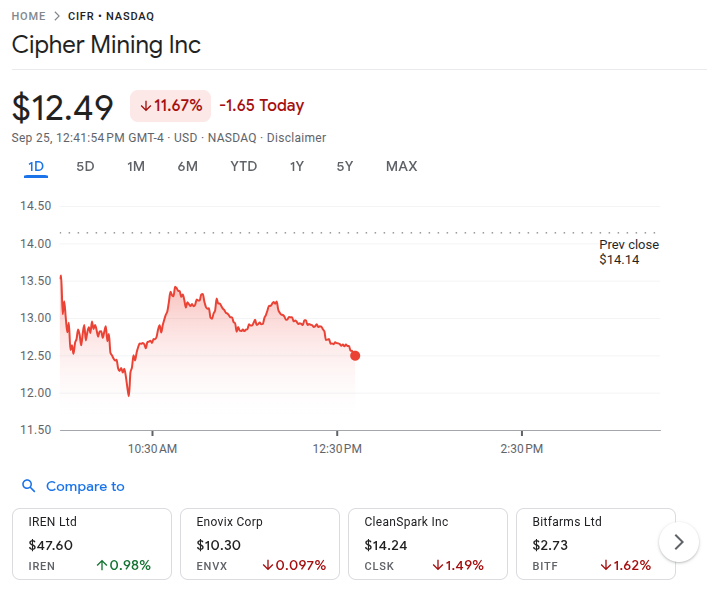
Alphabet, Google’s parent company, has also seen its stock rise over 70% in 2025, as AI-linked revenues and strategic plays like this one strengthen its market position. Analyst Michael Nathanson of MoffettNathanson praised Alphabet’s bold shift, stating it had gone from “reactive to proactive” in the GenAI race.
CoinLaw’s Takeaway
In my experience watching the tech sector evolve, this move by Google is a clear turning point. It shows how traditional boundaries between crypto and AI infrastructure are dissolving. Cipher Mining has gone from being a bitcoin miner to becoming a key player in AI hosting, thanks in large part to its foresight in building scalable, power-dense facilities.
Google, meanwhile, is hedging its bets by securing external AI capacity instead of relying solely on its internal builds. That’s smart. In a world racing toward more compute-hungry AI models, this kind of nimble infrastructure partnership might just be the future.









